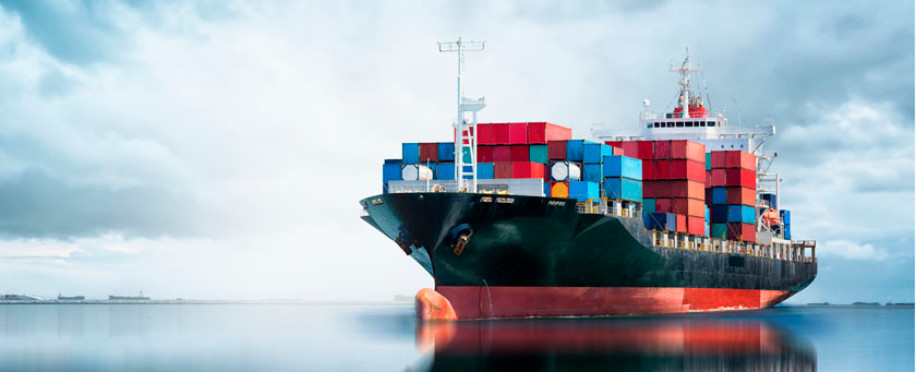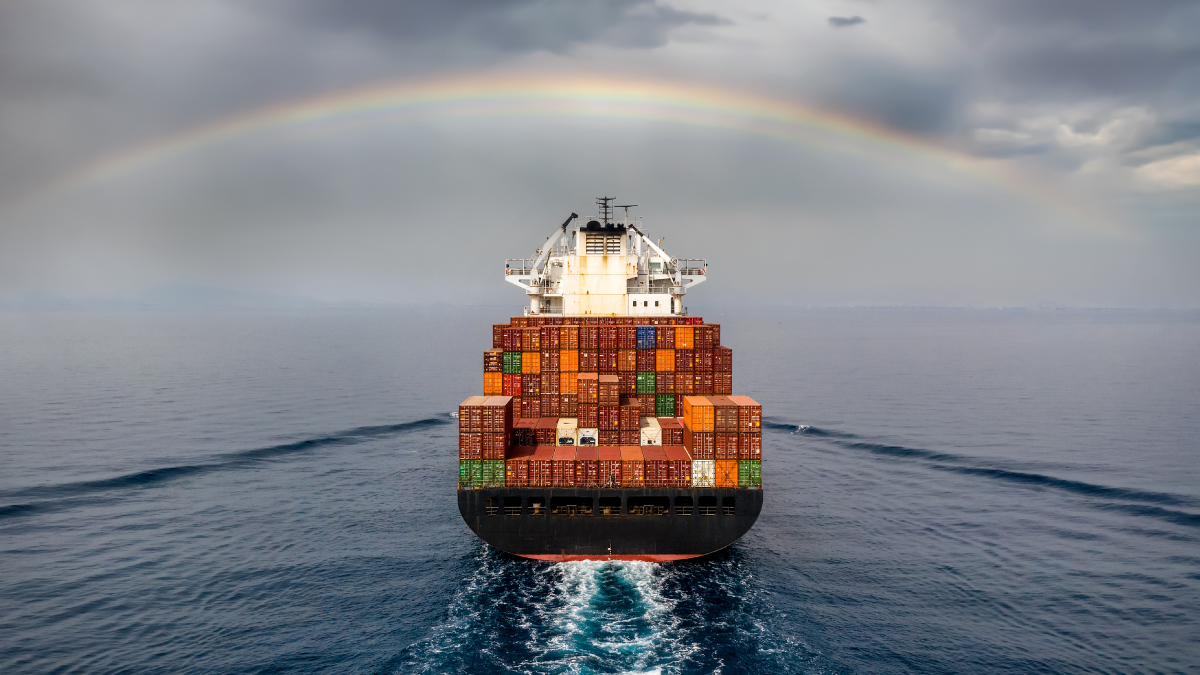Emerging Trends in Commercial Maritime Practices: A Look into the Future

Posted on Sep 29, 2023 at 09:09 PM
If you plan to distribute your products worldwide, you need commercial maritime transport to ship your products to the earth across the sea or ocean.
Moreover, the cited commercial maritime industry is not only one of the world's largest and most significant industries but also the safest and most cost-effective way for businesses to deliver products internationally.
This article will discuss the commercial maritime definition, its components, and the most vital trends in commercial naval practices.
What Is Commercial Maritime?
Commercial maritime shipping is part of the marine industry that follows international law and is classified as a leading B2B delivery method through the sea.
Moreover, commercial maritime uses ships and vessels to transform bulk products from one coast to another to support various commercial purposes; moreover, the latest satellite technology offers complete data and a custom overview of the shipping fleets.
These commercial maritime activities include global trade and transportation, and it directly impact international careers as an effective way to move products and meet business needs.
The Components of Commercial Maritime Industry:
You need more than well-planned ship finance and accounting management to run a thriving and effective commercial maritime industry.
As we can say, these are the critical components included in marine shipping:
-
Logistic Companies:
They are responsible for all the included logistics and freight services, from organising solutions, storage study, voyages, providing boats' fuel, engine repair, and instruments' safety.
-
Ports and Terminals:
Commercial maritime needs ports and terminals to load and unload cargo from each vessel and manage all the ongoing coastal operations, including container terminals and other types.
-
Maritime Legal Services:
There are many national and international maritime laws and regulations to follow in the marine shipping sector regarding crew jobs, maintenance, and other required services.
-
Marine Insurance:
Whether for commercial maritime or any other marine business, strategic insurance policies protect your marine activities from any accidents or damages; this must include seafarers, vessels, cargo, and liabilities.
-
Repairing Services:
Not only for commerce businesses but for all transport services functioning in the port, as a way to ensure effectiveness and avoid errors or challenges.
6 Newest Trends in Commercial Maritime Practices:
It is essential to attend the latest maritime commercial practices training courses to learn about these trends and conventions and gain experienced knowledge on how you can benefit from them to improve your trade work's solution:

-
Offer Free Shipping:
Whether in the commercial maritime shipping industry or all other transportation industry categories.
Your customers will be happy to be offered free shipping liens. You can do this by running a free shipping period or providing a free shipping code for your customers after reaching a certain level or number of shipping processes with your fleet as a part of your loyalty program.
-
Use Industry Segments:
Now, most marine agencies divide their administration work into segments to ensure more productivity, controlling levels, and efficiency in all sectors. Moreover, the most critical elements in commercial maritime comprise wet and dry cargoes.
That gives operators an advanced way of dealing with each type based on its requirements and needs to keep it in the best condition during transportation and till delivery.
-
Show Caring:
Show your customers how you operate, ship, and care for their products to build trust around your naval services and guarantee their loyalty to your company.
Customers appreciate your attention to their products and your sharing of details and processes with them.
-
Automate Your Work:
Running operations powered with the latest software and automation tools will reduce risks and error levels and help you reach the highest productivity level.
Moreover, helps you develop your team's skills and improve the retention rate and happiness toward your designed operational systems.
-
Improve Quality Control:
Even if the products are not yours, you should not ship any damaged or outdated products, as any piece should represent your company's standards and values to help you build a positive brand image.
This must be unrestricted and include all shipping processes from the warehouses to the ports and vessels.
-
Follow Up Regularly:
This includes two parts: your communication with your clients after receiving their goods with tracking information and answers to their questions.
The second part includes your following the ongoing shipments, vessels on the sea, and each product delivery activity to guarantee the quality of the work and customer satisfaction.
To Sum Up,
Commercial maritime controls a significant portion of the trading industry, with an effectiveness level that no one can ignore; however, to ensure your marine trade company's success, you must learn about the latest practices and follow the best ones for you.
Related Articles
There are no articles!
Related courses
There are no courses!